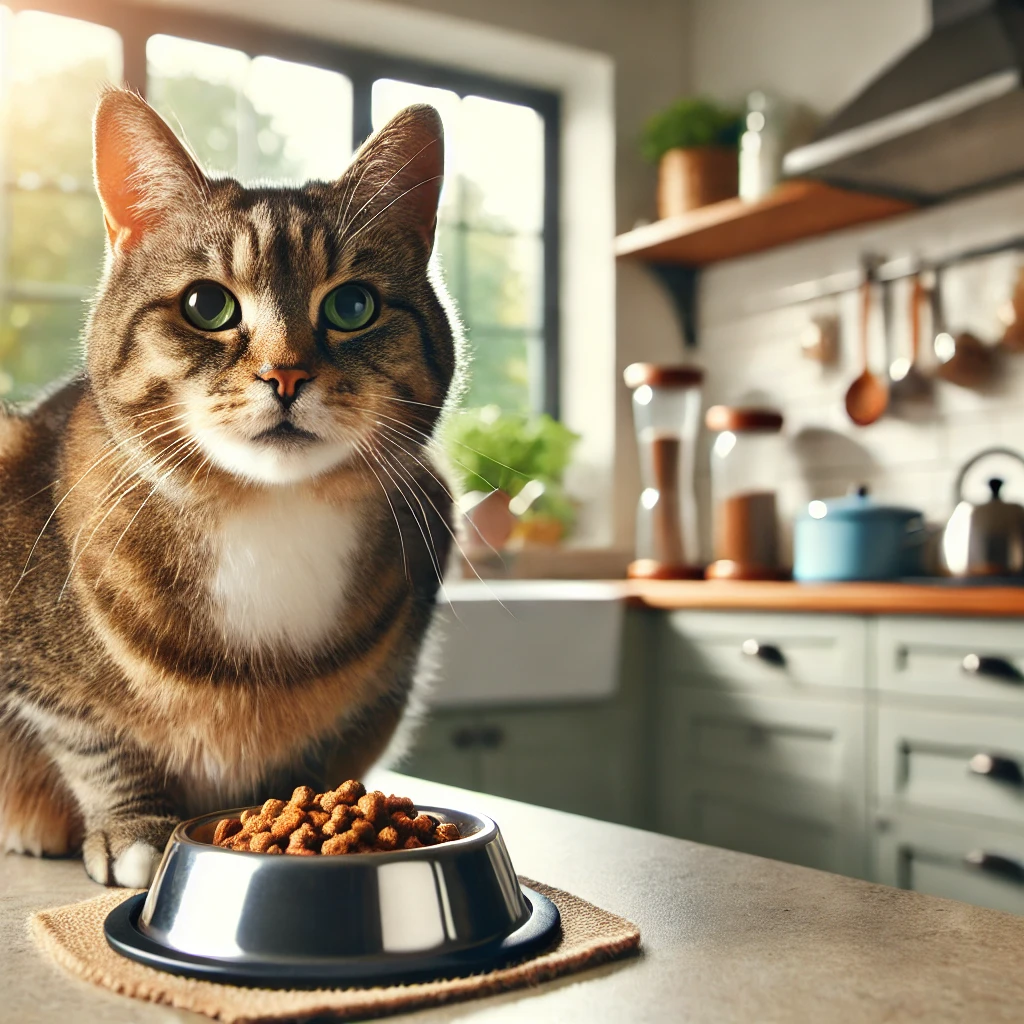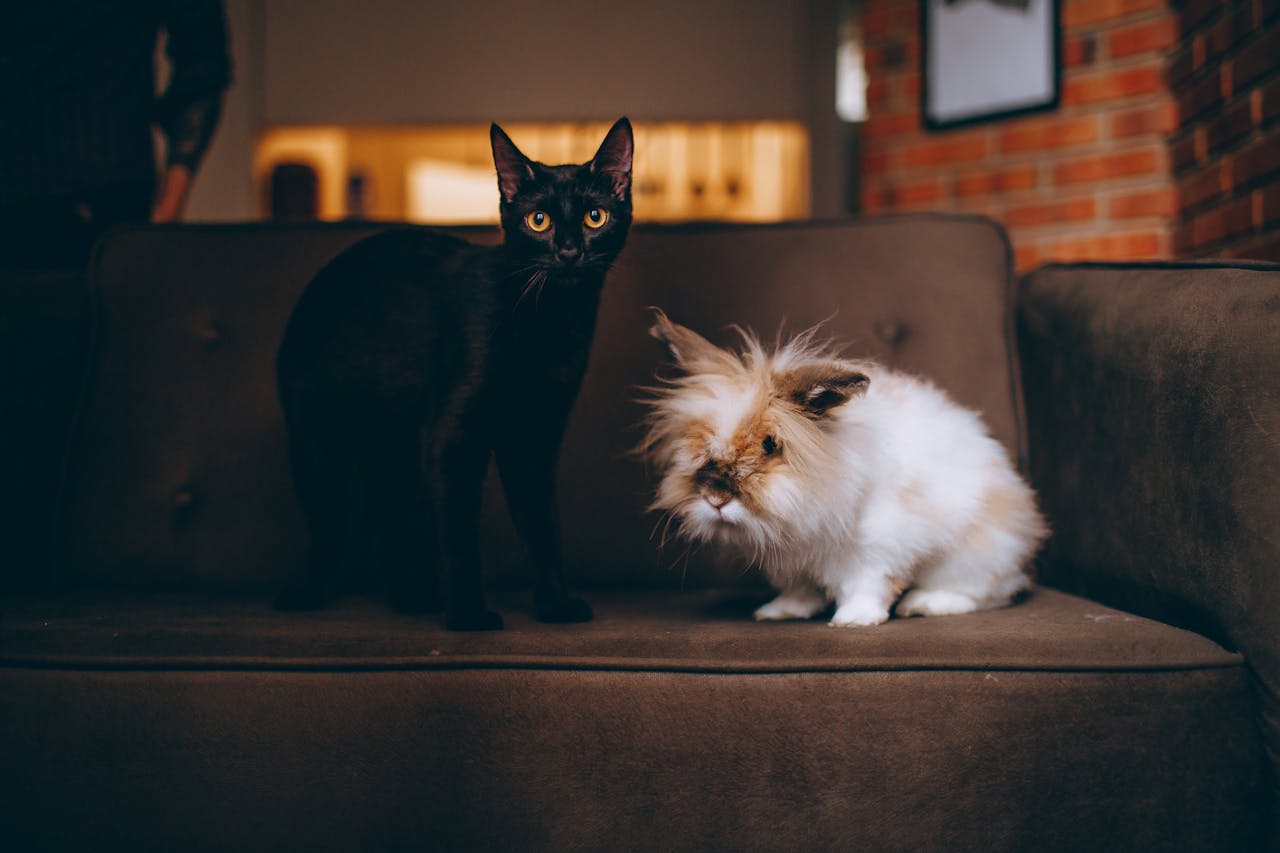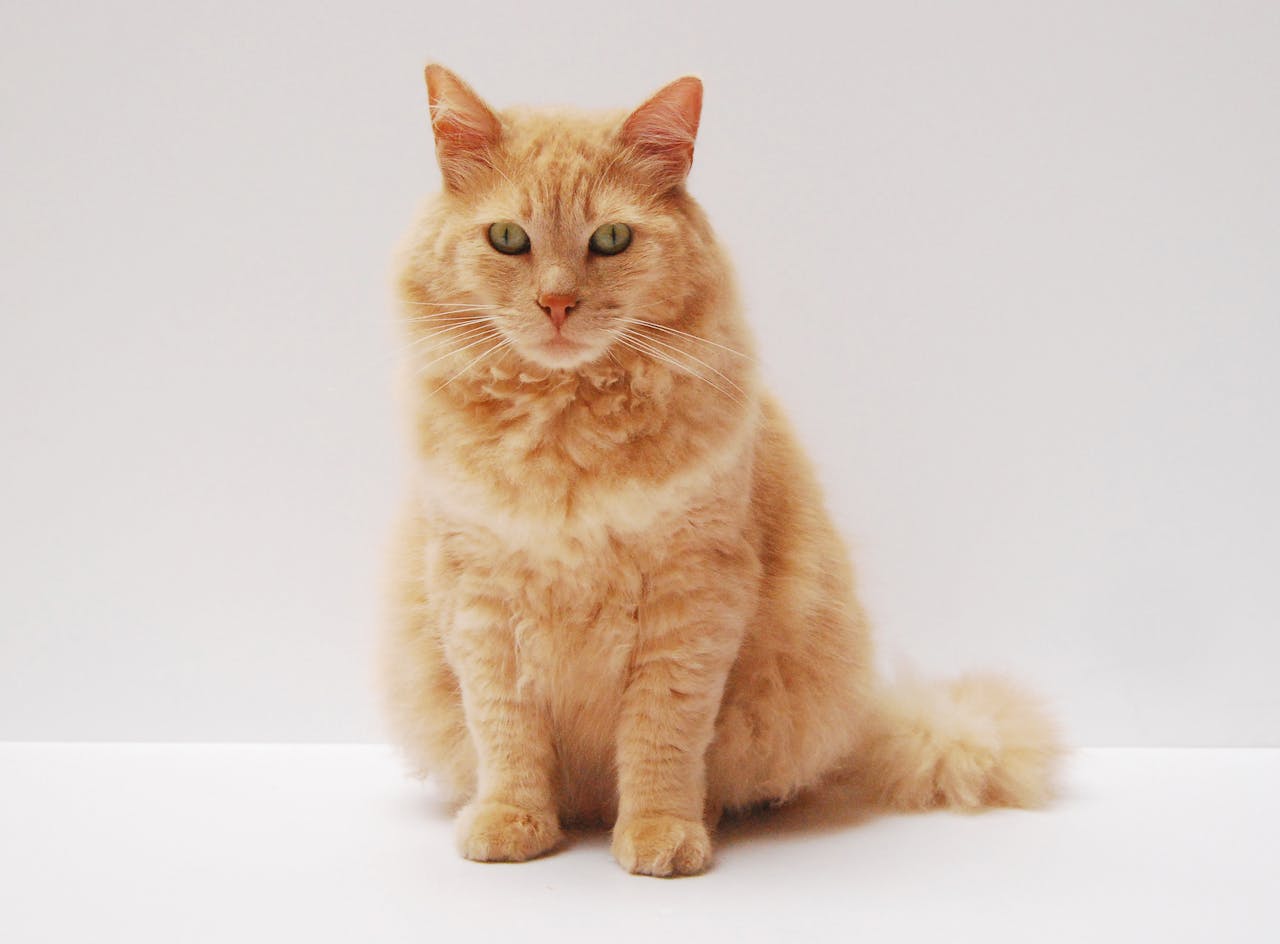Cats are often our cherished companions, and while they seem timeless in their grace, aging is inevitable. Understanding how to adjust your cat’s care—especially their diet—can help them lead healthier, happier lives.
When Does a Cat Become Senior?
A cat’s age milestones provide insight into their care needs:
- At 7 Years Old:
Cats begin to show early signs of aging. While their energy may remain high, internal changes like dental issues or early signs of chronic diseases (e.g., diabetes) may surface. - At 11 Years Old:
The senior years start. Conditions like thyroid problems, kidney disease, or arthritis become common. Studies show that over 30% of cats above 11 years old develop kidney-related issues. - At 15 Years Old:
Cats reaching this age are true seniors. They may require specialized care for conditions like tumors or advanced kidney disease.
For a detailed guide on cat aging and care, check out our article: Understanding Cat Lifespan.
Adjusting Your Cat’s Diet for Senior Years
Nutrition plays a pivotal role in extending your cat’s quality of life. Here’s how to tailor their diet:
- Prioritize Protein:
- Older cats need high-quality protein to maintain muscle mass. Avoid diets that excessively cut protein, as it could lead to muscle loss.
- Stick to vet-approved protein sources like lean chicken or fish.
- Soft Foods Are Key:
- Dental issues, such as periodontal disease, make chewing difficult for older cats. Switch to canned wet food or rehydrated freeze-dried options.
- Support Digestive Health:
- Add probiotics and prebiotics to their diet to improve gut flora. Look for probiotics like Lactobacillus acidophilus in cat-friendly supplements.
- Maintain Balanced Phosphorus and Calcium:
- Keep phosphorus levels in check to protect kidney health. Consider low-phosphorus foods for cats with kidney conditions.
For more tailored diet tips, explore: Feline Nutrition 101.

Essential Tips for Senior Cat Care
Comfortable Living Spaces:
Provide soft bedding and easily accessible litter boxes to accommodate mobility issues.
Regular Vet Visits:
Schedule annual or bi-annual check-ups to catch potential health issues early.
Hydration Is Crucial:
Senior cats are prone to dehydration. Offer water-rich wet food and fresh water daily.
External Resources for Feline Health
Your Journey with Senior Cats
Taking care of a senior cat can be deeply rewarding. With proper adjustments to their diet, regular vet check-ups, and a bit of extra love, you can ensure their golden years are as joyous as their youth.
Explore more tips and insights on senior cat care at Catlopedia.



